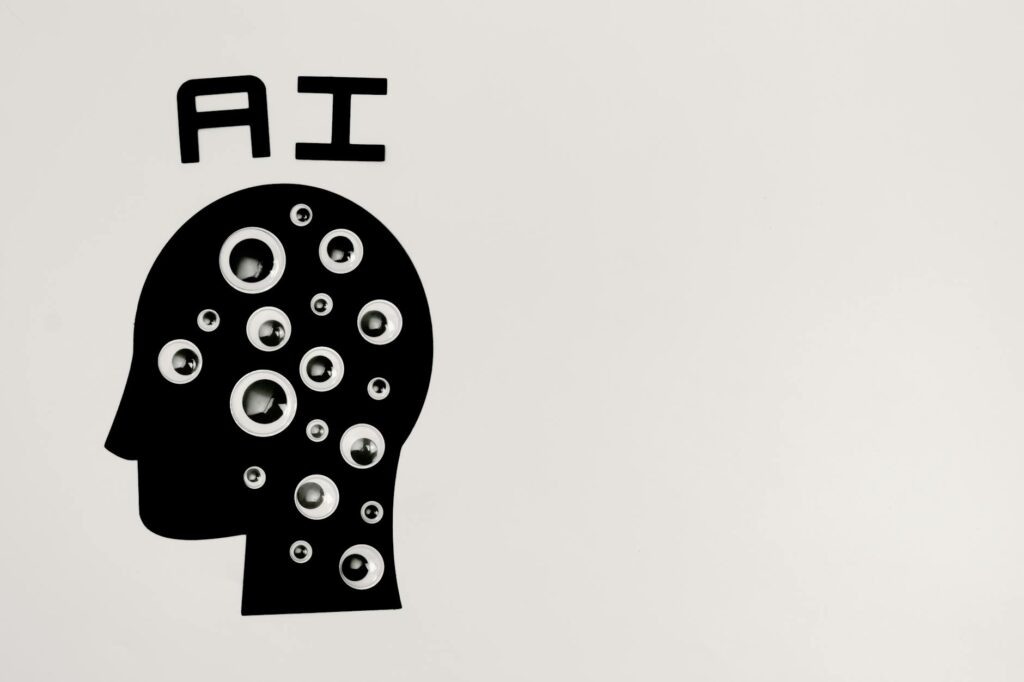What is cognitive barriers?

What is Cognitive Barriers?
Cognitive barriers are mental obstacles that hinder our ability to process information effectively. These barriers can significantly impact our decision-making, productivity, and overall personal development. Understanding these barriers is crucial for anyone looking to enhance their efficiency and achieve their personal goals.
Understanding Cognitive Barriers
Cognitive barriers can be defined as the psychological factors that impede our ability to think clearly and make rational decisions. They can prevent us from recognizing opportunities, lead to misunderstandings, and even cause frustration in communication. By identifying these barriers, we can work towards overcoming them and improving our everyday interactions.
What Are Cognitive Barriers?
Cognitive barriers manifest in various forms, such as preconceived notions or distractions that cloud our judgment. For example, if you approach a task with the belief that you will fail, that fear can hinder your performance, effectively creating a mental block. Additionally, distractions from the environment can prevent you from fully engaging with the task at hand. You can learn more about these concepts from Cognitive Barriers – Vocab, Definition, and Must Know Facts.
Types of Cognitive Barriers
There are several distinct types of cognitive barriers that can impact our decision-making and productivity:
-
Confirmation Bias: This occurs when we seek out information that supports our existing beliefs while ignoring contradictory evidence. This bias can prevent us from making fully informed decisions.
-
Cognitive Overload: When faced with too much information, our brains can become overwhelmed, leading to errors in judgment or a complete inability to make a decision.
-
Fear of Failure: This barrier can paralyze individuals, preventing them from taking necessary risks or making bold choices in their personal or professional lives.
-
Groupthink: Often seen in team settings, this barrier occurs when the desire for harmony or conformity results in irrational decision-making, as dissenting opinions are suppressed.
-
Sunk Cost Fallacy: This is the tendency to continue investing in a failing endeavor due to the resources already committed, rather than evaluating the current situation objectively.
Understanding these types of barriers provides insight into how they negatively affect our functioning. For further information on the complexities of cognitive barriers, check out Cognitive Barriers to Communication.
Effects of Cognitive Barriers
Cognitive barriers have profound effects on both our decision-making processes and personal development. When we let these barriers dictate our actions, we may face missed opportunities and hindered growth.
Impact on Decision-Making
Poor decisions can result from cognitive barriers. For instance, if confirmation bias leads you to ignore crucial data, you might choose a course of action that’s ultimately detrimental. Research has shown that cognitive biases can contribute to systemic errors in decision-making, reinforcing the need to recognize and address these barriers (Cognitive Bias and How to Improve Sustainable Decision Making).
Impact on Personal Development
Cognitive barriers can obstruct personal growth and learning. For instance, the fear of failure might prevent you from pursuing new skills or opportunities. Without overcoming these mental hurdles, you may find yourself stagnant, unable to reach your full potential. The cumulative effect can lead to dissatisfaction and frustration in both personal and professional realms.
Overcoming Cognitive Barriers
Fortunately, there are strategies to identify and overcome these cognitive barriers in our daily lives. By actively working to dismantle these obstacles, we can improve our decision-making and personal development.
Techniques for Overcoming Cognitive Barriers
-
Awareness: The first step to overcoming cognitive barriers is recognizing them. Journaling your thoughts and decisions can help you identify patterns and biases in your thinking.
-
Seek Diverse Perspectives: Engaging with individuals who hold different views can challenge your biases and broaden your understanding, countering confirmation bias.
-
Break Information into Chunks: To combat cognitive overload, break down complex information into smaller, more manageable parts. This makes it easier to process and understand.
-
Set Realistic Goals: Establishing achievable objectives can reduce the fear of failure, encouraging you to take risks that promote growth.
-
Practice Mindfulness: Mindfulness techniques can help alleviate mental clutter, allowing you to focus better on the present task and make reasoned decisions.
Practical Applications
You can apply these techniques in various aspects of life. For example, in a work setting, if you’re faced with a complex project, start by breaking down the tasks into smaller components. Hold regular team discussions to encourage diverse opinions and mitigate groupthink. These practices can create a more conducive environment for effective decision-making. For insights on navigating resistance to change in decision-making, refer to Overcoming Cognitive Barriers: Navigating the Resistance to Change in Decision Making.
Conclusion and Final Thoughts
Cognitive barriers can significantly affect our lives, from the decisions we make to our overall growth. By understanding what these barriers are and learning how to overcome them, you can enhance your productivity and personal development. Remember that recognizing these barriers is the first step towards navigating them. Embrace the journey of self-improvement and apply these insights to unlock your potential.

Photo by Tara Winstead